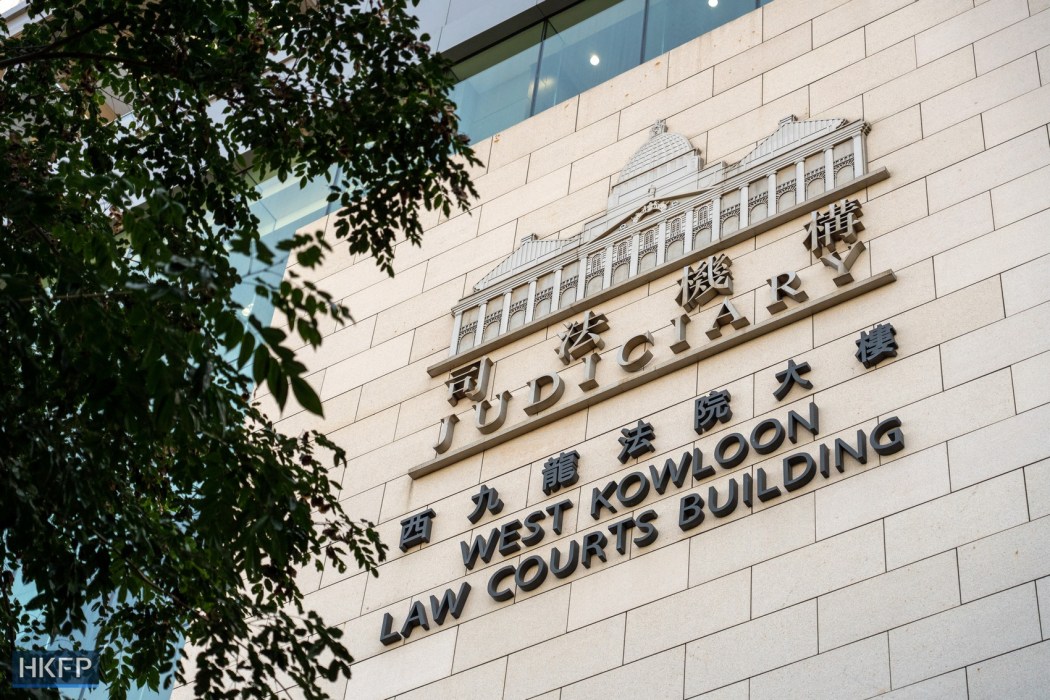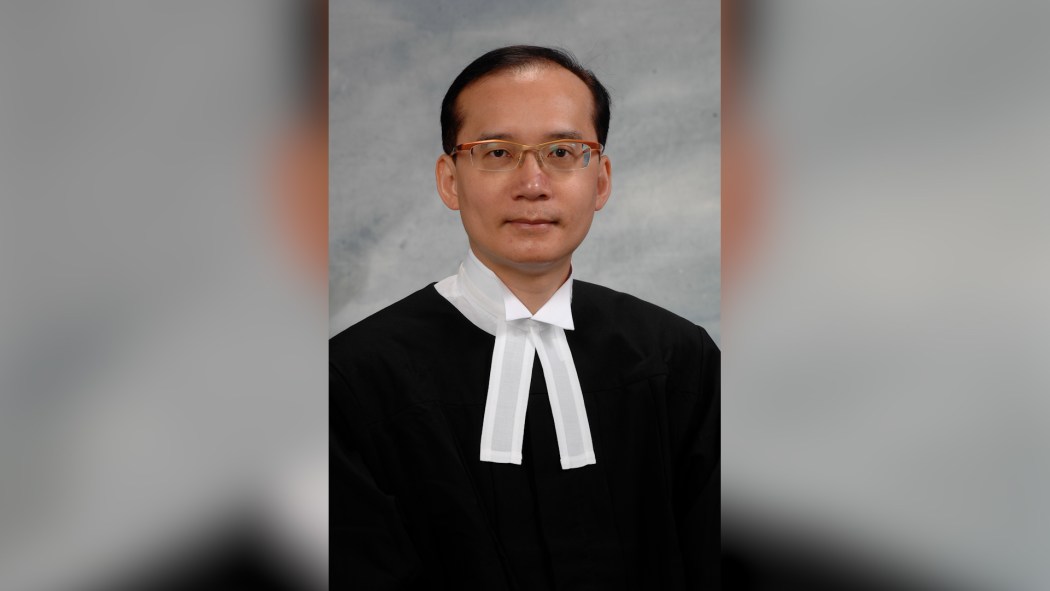The ex-leader of Hong Kong’s Tiananmen vigil organiser Chow Hang-tung has requested the prosecution to disclose more concealed materials during a national security trial on Friday after saying that the redaction of information prohibited her from having a fair trial.
Chow, along with two other ex-standing committee members of the Hong Kong Alliance in Support of Patriotic Democratic Movements of China, Tang Ngok-kwan and Tsui Hon-kwong, appeared in front of Principal Magistrate Peter Law on Friday.

The trio, appearing at the West Kowloon Magistrates’ Courts, stand accused of failing to comply with a national security police data request. Two other defendants in the case, Simon Leung and Chan To-wai, pleaded guilty and were sentenced to three months in jail.
Under the national security law, the commissioner of police, upon approval from the security chief, can issue a notice requesting information such as financial records from foreign or Taiwanese political groups, and their agents.
Prior to the trial, the prosecution applied for Public Interest Immunity (PII) to conceal information of the materials concerning the case, claiming that the disclosure would “harm public interest.”
The magistrate later ruled that the prosecution had to disclose some documents, such as a police investigation report, but with some redactions, after Chow – representing herself – demanded to know which foreign organisations or countries the Alliance was allegedly working for.

The debate on how much information should be disclosed continued during the trial on Friday, as Chow, who was the former vice-chair of the Alliance, cross-examined Hung Ngan, the now-acting senior superintendent of the national security police.
Hung was given the option to not answer questions that might poses risks of disclosing protected materials.
The acting senior superintendent refused to answer at least a dozen questions on Friday, including on the identity of an unnamed Organisation 4, which the Alliance was accused of working as an agent for.
Chow said that the trial was in an “absurd” situation where she could not conduct cross-examination over documents and information provided, and that under the PII, she would not be able to prove the prosecution’s case wrong using her own documents.

The former vice-chair, along with barrister Esmond Wong, representing Tang, questioned whether a fair trial could still be achieved.
“The right to fair trial would require the opportunity to test or to testify against the evidence produced, or in this case, relied heavily upon by the prosecution,” said Wong.
Chow, also a barrister, said: “If the prosecution is so concerned about disclosing then they should stop prosecuting.”
The magistrate eventually ordered Chow, who has been remanded in custody since September last year, to draft and submit to the court and prosecution a list of materials that she would like the prosecution to disclose, and the reason to disclose them.
The trial will continue on November 7.
Necessity of data request
Apart from the issue of the quantity of redacted materials, Chow also questioned Hung’s perception of the necessity of issuing the notice to the Alliance.

Hung testified that there was no discussion in the police application of the notice about alternative means to obtain the required materials from the Alliance.
The officer also said that he believed that it was relevant for the police to obtain the date of birth of the Alliance’s staff members, as they stood in 1989, for the prevention and investigation of national security offences – a law that was enacted in 2020.
The acting senior superintendent also said that it was necessary for the police to demand directors’ information from the Alliance even when the data is available on the Companies Registry, as he was not sure that the materials that the group had were the same as those listed on the registry.

Hung also said that he had considered the impact the data request would have on the defendants’ rights, even though the considerations were not written in the notice application handed to the police chief.
“As a police officer, we will consider the proportionality… including those action[s] whether it would infringe human rights, so we have considered the issue in submitting the application,” said Hung.
The Alliance was disbanded in September last year following a members’ vote. Prior to that, the group organised the city’s annual candlelight vigils commemorating victims of the Tiananmen crackdown.
It is estimated that hundreds, perhaps thousands, of people died when the People’s Liberation Army cracked down on protesters in Beijing on June 4, 1989, ending months of student-led demonstrations in China.
Support HKFP | Policies & Ethics | Error/typo? | Contact Us | Newsletter | Transparency & Annual Report | Apps
Help safeguard press freedom & keep HKFP free for all readers by supporting our team
























